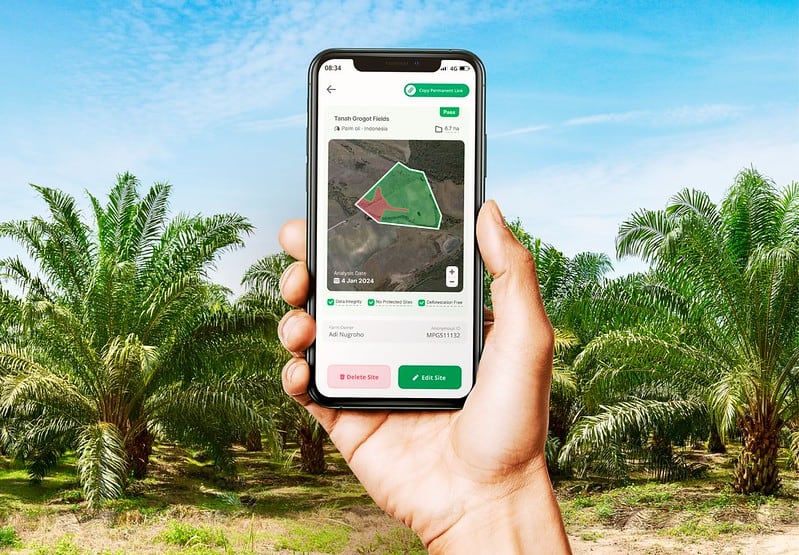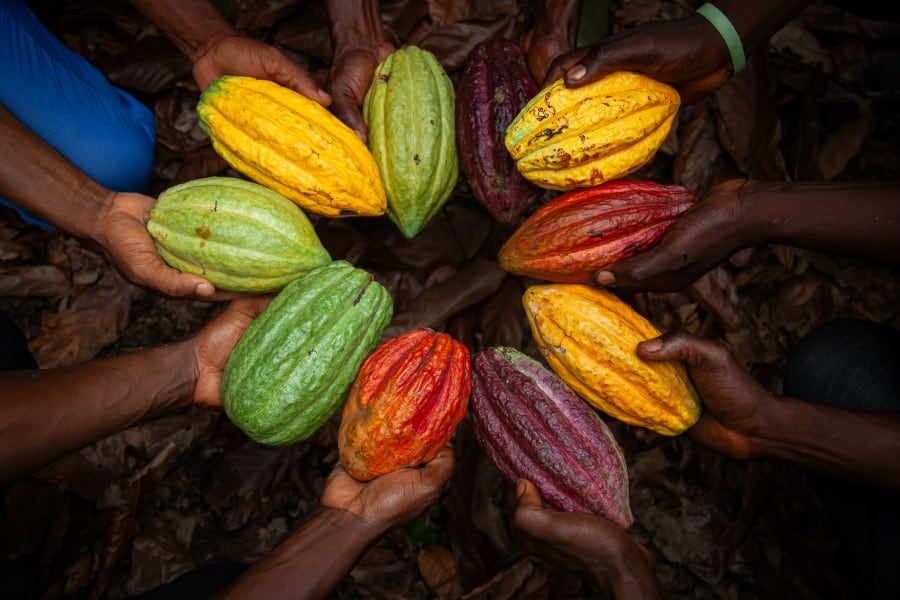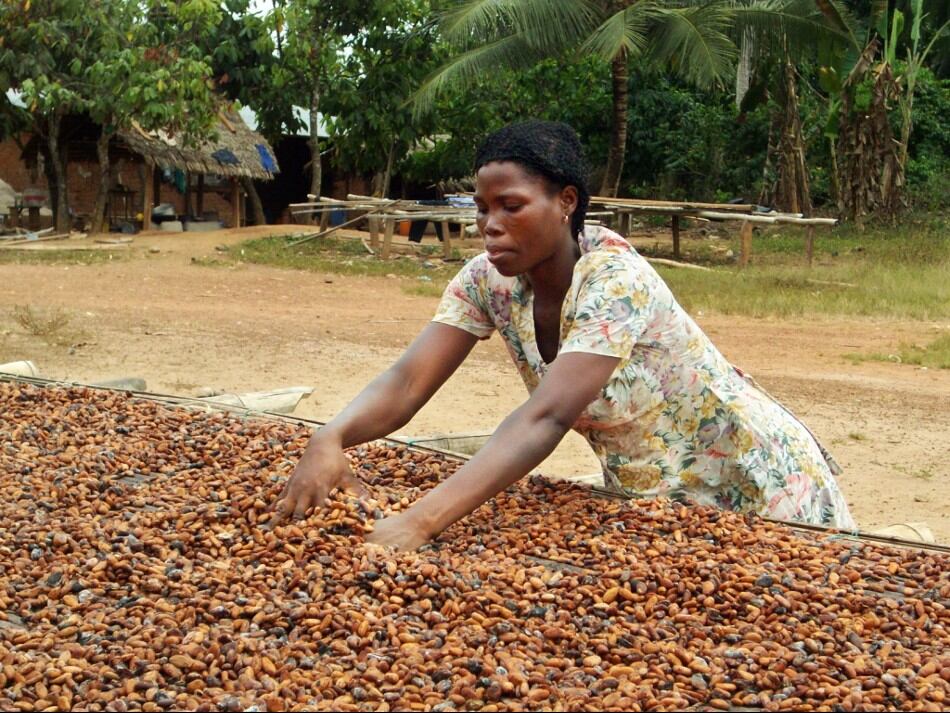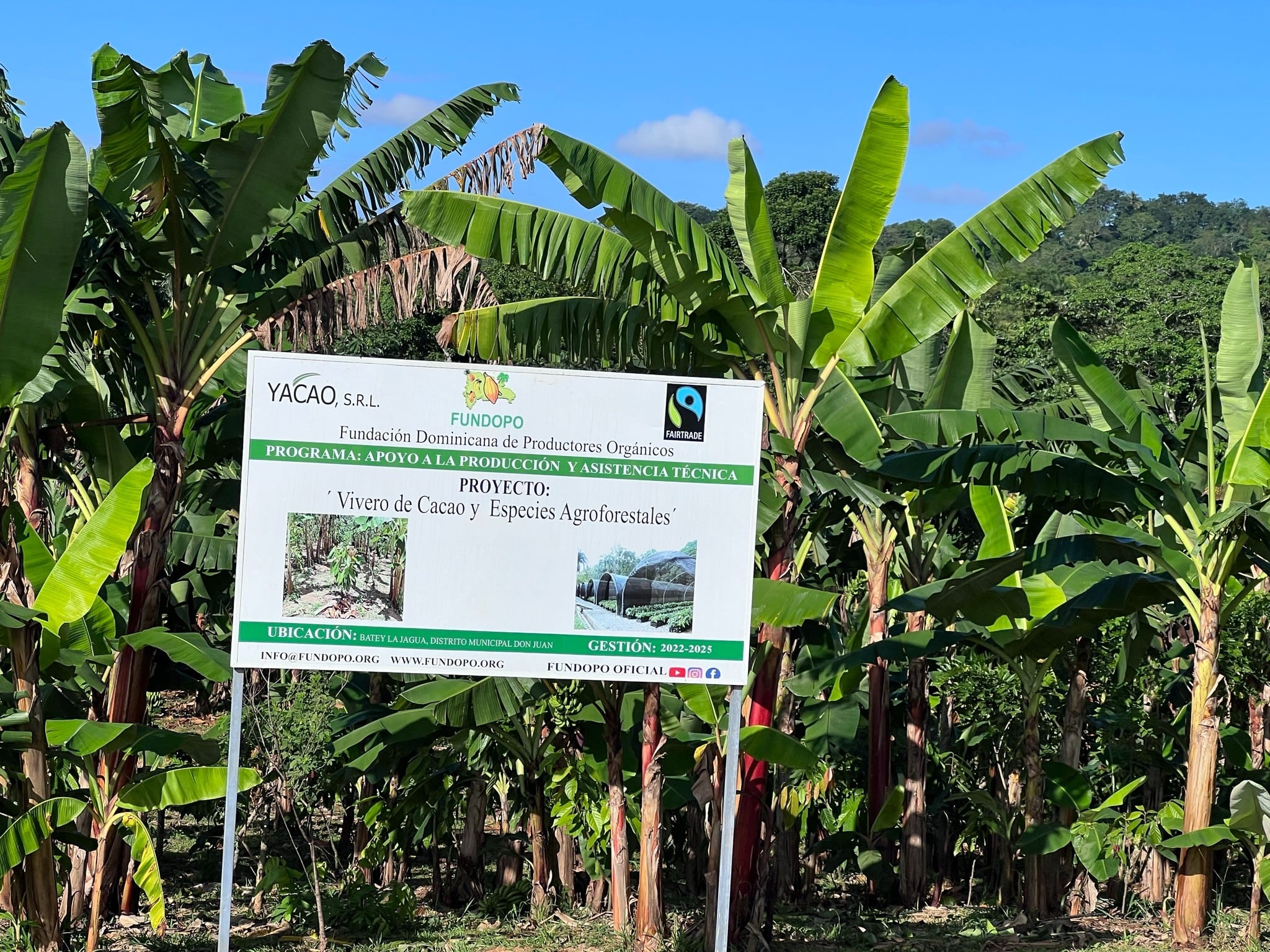With the EUDR, the European Union has adopted very ambitious regulations on forest protection, as we heard in our recent free webinar on the topic related to the cocoa industry. Smallholder farms in producing countries such as Ghana and Cote d’Ivoire could be particularly affected if they are not made aware they are no longer allowed to clear forests, nor do they know the geographical data of their farms must be recorded to prove that their products are produced without deforestation.
Plant-for-the-Planet is warning there could be supply bottlenecks for cocoa and other important agricultural commodities such as coffee, soy, or wood and has launched a free app for smallholder farmers. With the app, they know within minutes whether they can continue importing into the EU. They retain control of their data and can adapt to the new market situation.
EU directive
The company behind the app said initial tests with the Tracer software using thousands of accurate data sets from smallholder farmers showed around 5-10% of producers do not comply with the new EU directive.
Felix Finkbeiner, founder of Plant-for-the-Planet, said: "I see two main issues. Firstly, most smallholder farmers are unaware of the new rules and continue to deforest, not knowing that this seriously endangers their livelihood. Companies must urgently educate their supply chain like they would their own staff when new rules are introduced.
“Secondly, companies are way too slow mapping the farms in their supply chain. Mapping and analysis must be completed at least six months before the regulation enters into force so that importers can make the needed changes in their supply chain. If the information comes in at the last minute, importers might condemn their suppliers to poverty."
Finkbeiner said the EUDR is a matter for the executive level, and CEOs of importing companies need to take personal responsibility. “Even in countries where state actors are trying to provide national tracing systems, these cannot be relied on to be ready in time or sufficiently accurate," he said.
Joseph Kwoa, cocoa farmer in Ghana, said: “I am the main farmer in my region. I found out that my farm does not comply with the new guidelines that control farms and cocoa farming. This means that I can no longer sell my harvest to the EU. The app was very helpful; thanks to it, I now know the polygon of my farm."
Another smallholder farmer, Abena Antiwaa, said she was unaware of the new EU regulations until she was given the app. "I am happy that my farm meets the new guidelines and that I can continue to sell my cocoa for export to the EU," she said.
German food sector criticises EU over the implementation of EUDR regulations
The app was released for farmers the same week that the Federation of German Food Industries (BVE) claimed the EU regulation on deforestation-free supply chains (EUDR), which comes into force at the end of 2024, is ‘largely unfeasible’ due to the European Commission's inability to address crucial implementation questions.
The body, representing German agricultural and food associations, claims a lack of a specific list of required information and a mature IT system for the millions of records needed for compliance. The necessary cooperation with key source countries is also distant.
Millions of producers and traders worldwide in coffee, cocoa, soy, palm oil, cattle, hides and leather, wood, and rubber must provide extensive evidence their products come from deforestation-free areas to continue importing and selling in the EU market.
This involves significant bureaucratic effort. For example, according to calculations by the German Coffee Association, a typical medium-sized raw coffee importer or coffee roaster will need a full-time person for about three months a year to upload or manually enter data into the EUDR database. Despite constant political talk about digitisation, companies are required to manually input millions of mandatory data entries on PCs, as complained by the associations.




